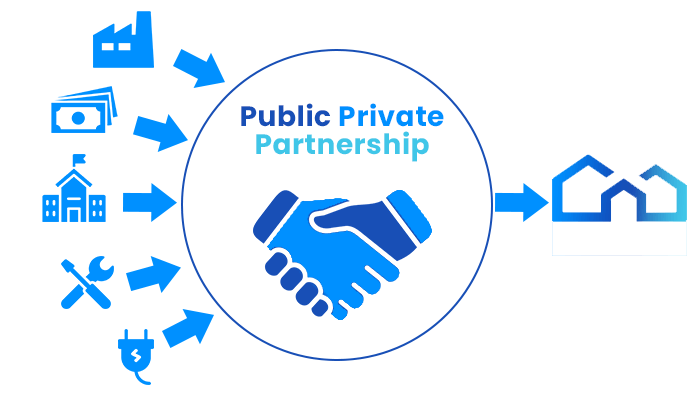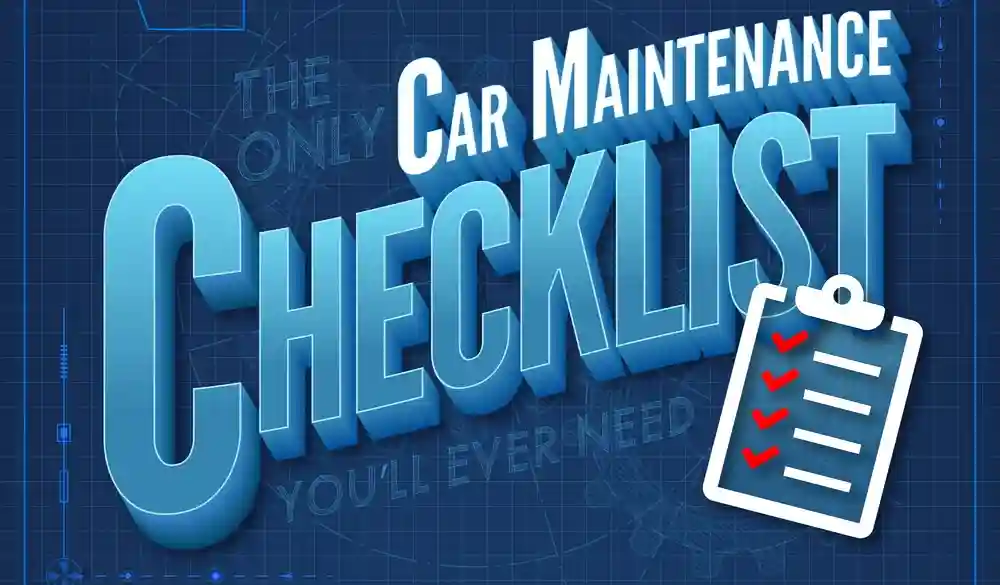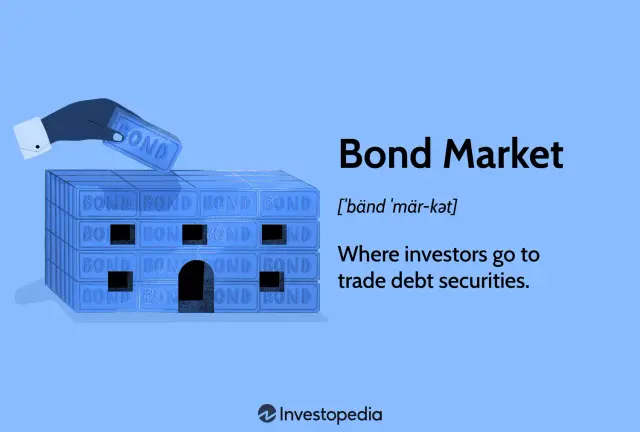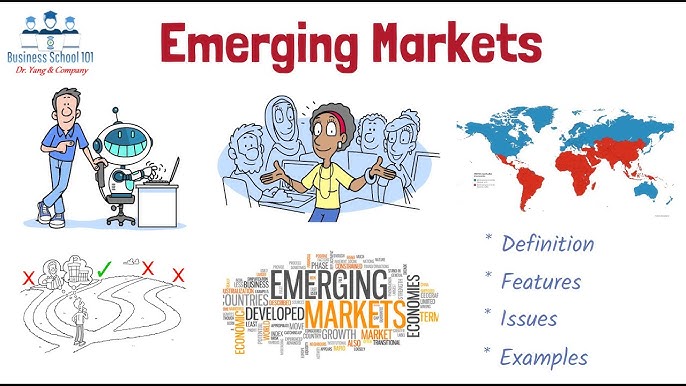What Is Vocational Education?
Mia Wilson
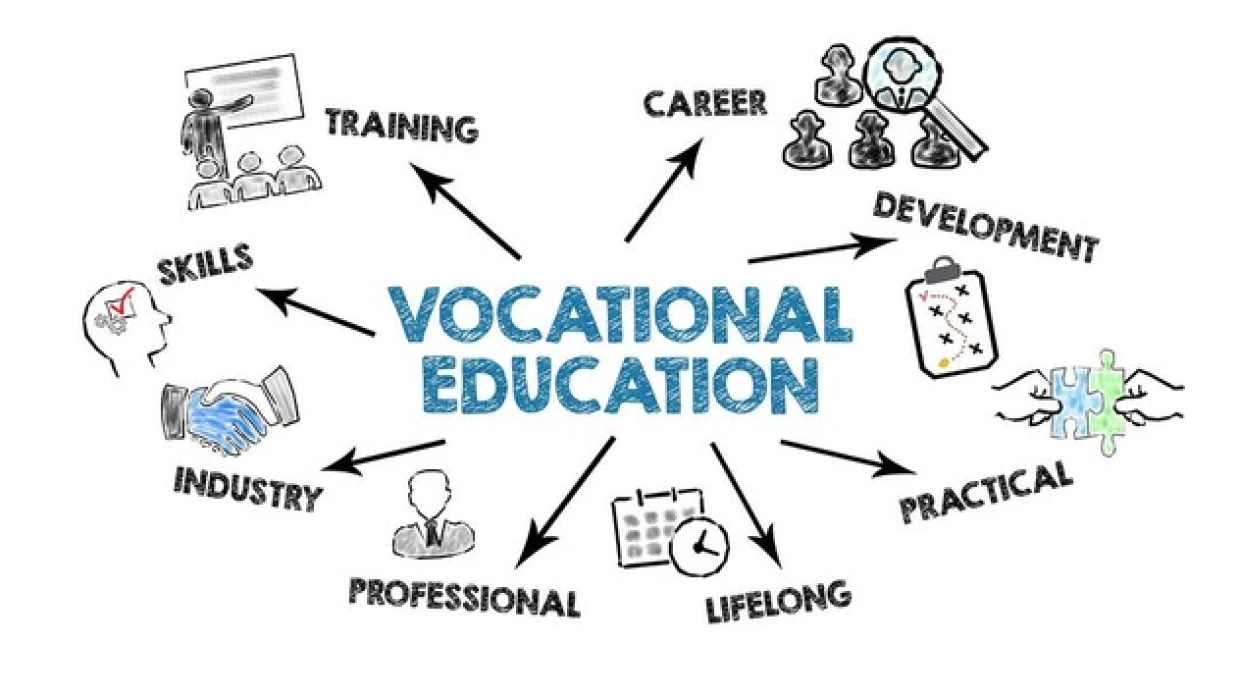
Photo: What Is Vocational Education?
What Is Vocational Education? A Comprehensive Guide to Skill-Based Learning
In today’s rapidly evolving job market, acquiring practical skills is becoming increasingly important for career advancement. Vocational education, often overshadowed by traditional academic routes, is a critical pathway that equips individuals with job-specific skills, enabling them to enter the workforce with confidence. This article delves into the meaning, importance, and impact of vocational education on individuals and society.
Understanding Vocational Education
Vocational education refers to formal training programs that focus on equipping students with the skills and knowledge needed for a specific trade or occupation. Unlike conventional academic education, which emphasizes theoretical knowledge, vocational training is highly practical and career-oriented. These programs prepare learners for careers in various industries, including healthcare, technology, construction, automotive services, and more.
Key Features of Vocational Education
- Job-Specific Training:
Vocational education focuses on teaching the specific skills required for particular jobs. Whether it's welding, graphic design, or medical assistance, students gain hands-on experience that directly applies to real-world tasks. - Shorter Timeframes:
Many vocational programs can be completed in a shorter duration than traditional degree programs. This means students can enter the workforce sooner, often with less financial burden. - Industry Partnerships:
Vocational institutions frequently collaborate with businesses and industries to ensure that their curriculum meets current job market demands. This increases graduates' chances of immediate employment.
The Importance of Vocational Education in Today’s Economy
Bridging the Skills Gap
One of the most significant advantages of vocational education is its ability to bridge the skills gap. Many industries face shortages of skilled workers, particularly in fields like manufacturing, healthcare, and technology. Vocational programs address this issue by providing targeted training that meets employers' needs.
According to a 2023 report by the International Labour Organization (ILO), global unemployment rates could be significantly reduced by expanding access to vocational education, especially in developing countries where youth unemployment remains high.
Enhancing Economic Growth
Vocational education contributes directly to economic growth by creating a skilled workforce. Countries that invest in vocational training often experience higher productivity rates and increased innovation. Germany, for example, has one of the most successful vocational education systems globally, and its robust economy is partly attributed to its focus on apprenticeship programs.
Reducing Unemployment
Since vocational programs are tailored to specific careers, graduates are more likely to find jobs quickly compared to those who pursue general academic degrees. Additionally, vocational training fosters entrepreneurship by equipping individuals with the skills to start their own businesses, further driving employment and economic development.
Types of Vocational Education Programs
Vocational education spans a wide range of industries and disciplines. Here are some of the most common types:
- Technical and Trade Programs:
These include training for electricians, plumbers, carpenters, and automotive technicians. The demand for skilled trade workers remains consistently high, making these programs attractive for many job seekers. - Healthcare Programs:
Fields like nursing, medical assisting, and dental hygiene require specialized skills that can be acquired through vocational education. These programs often include internships and on-the-job training, ensuring graduates are well-prepared for their roles. - Information Technology (IT) Programs:
With the ongoing digital transformation, IT vocational courses such as coding bootcamps, cybersecurity certifications, and network management are increasingly popular. These programs offer fast-tracked paths to lucrative careers in tech. - Creative Arts and Design:
Programs in graphic design, fashion design, and multimedia production provide learners with the skills needed to thrive in creative industries. These courses combine theoretical instruction with hands-on practice, allowing students to build portfolios that showcase their talent.
Benefits of Vocational Education for Individuals and Society
Benefits for Individuals
- Practical Learning Approach:
Vocational education emphasizes experiential learning. This hands-on approach helps students retain knowledge better and develop critical problem-solving skills. - Career Readiness:
Unlike many academic courses, vocational programs are designed to ensure graduates are job-ready upon completion. This reduces the need for additional training once they join the workforce. - Affordability:
Vocational programs are often more affordable than traditional university degrees, making them accessible to a broader segment of the population. This affordability also means less student debt.
Benefits for Society
- Improved Workforce Competency:
As more people gain practical skills through vocational training, the overall competency of the workforce improves, leading to better productivity and economic output. - Social Mobility:
Vocational education provides opportunities for individuals from lower-income backgrounds to acquire marketable skills and improve their socioeconomic status.
Challenges Facing Vocational Education
Despite its numerous benefits, vocational education faces several challenges:
- Stigma and Perception:
In many societies, vocational education is viewed as inferior to traditional academic education. Changing this perception is crucial to encouraging more students to pursue vocational pathways. - Limited Funding:
Vocational institutions often receive less funding compared to universities, which can limit the quality of training and resources available. - Lack of Awareness:
Many students and parents are unaware of the potential career opportunities that vocational education can offer. Better outreach and career counseling are needed to highlight its value.
How to Improve Vocational Education Systems
To unlock the full potential of vocational education, several improvements can be made:
- Increased Industry Collaboration:
Strengthening partnerships between vocational schools and industries ensures that training programs remain relevant to current market demands. - Public Awareness Campaigns:
Governments and educational institutions can run campaigns to promote vocational education as a viable and respectable career option. - Enhanced Funding:
Allocating more funds to vocational programs can improve facilities, hire better instructors, and provide students with the latest tools and technologies for learning.
Conclusion: Why Vocational Education Matters
Vocational education plays a vital role in creating a skilled, adaptable, and job-ready workforce. As industries evolve and new technologies emerge, the demand for practical skills will only grow. By investing in vocational education and changing societal perceptions around it, we can build a more inclusive and resilient economy.
Whether you're a student exploring career options, a parent seeking guidance, or a policymaker looking to enhance educational opportunities, understanding the value of vocational education is crucial for future success. Embracing skill-based learning can pave the way for economic prosperity, personal growth, and societal well-being.
For You
View AllUnderstand what public-private partnerships are and how they drive infrastructure development. Click to learn more!
Mia Wilson
Stay ahead with this essential car maintenance checklist. Keep your vehicle running smoothly and avoid costly repairs. Learn now!
Mia Wilson
Step-by-step guide to setting up your own VPS quickly and easily.
Mia Wilson
Discover free activities and attractions for budget travelers. Explore more without spending a fortune!
Mia Wilson
Understand the bond market, its role in financing, and how it impacts the economy. Click to learn more!
Mia Wilson
Learn what emerging markets are, their characteristics, and their role in the global economy. Click to explore new opportunities!
Mia Wilson
Health
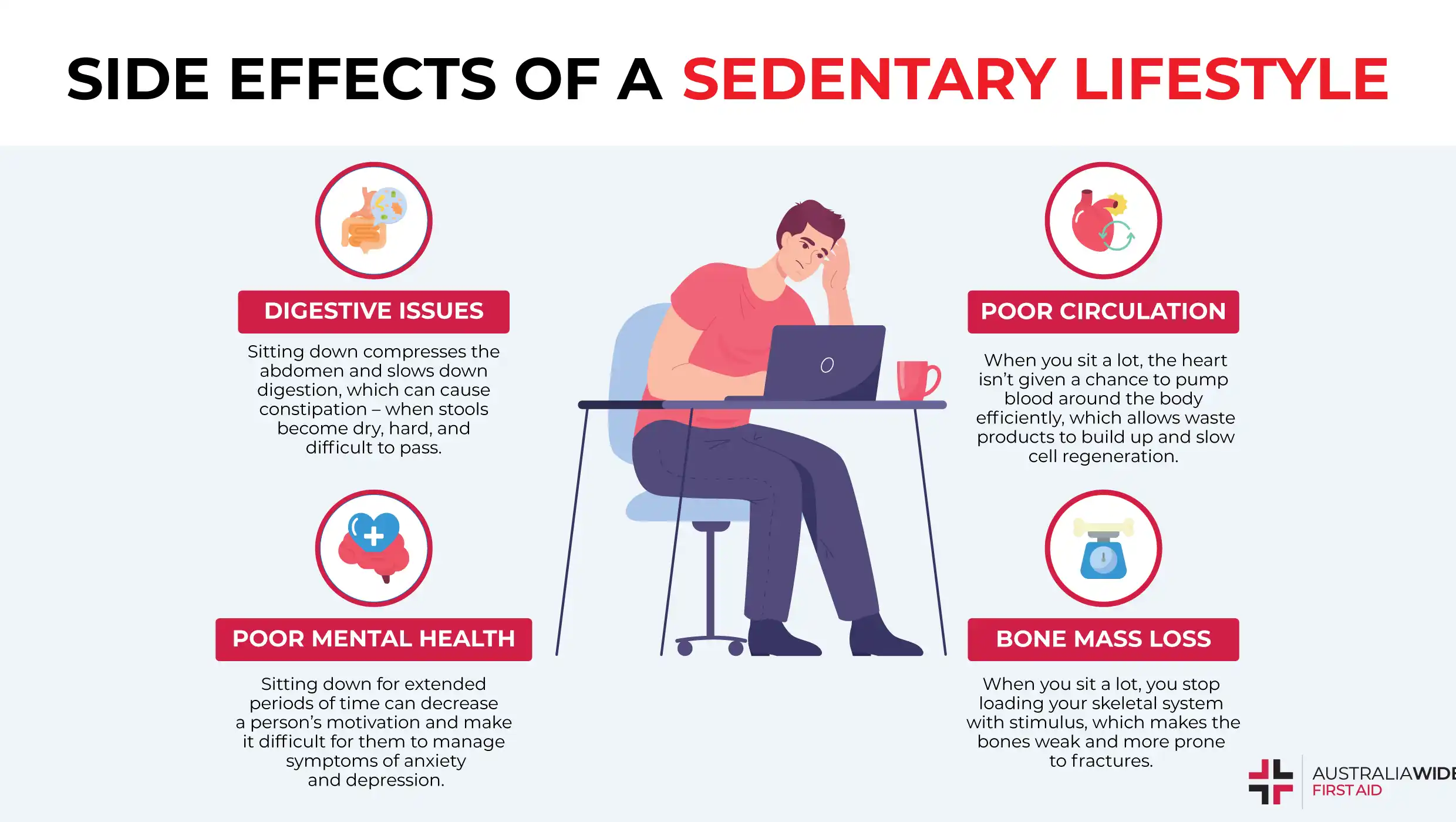
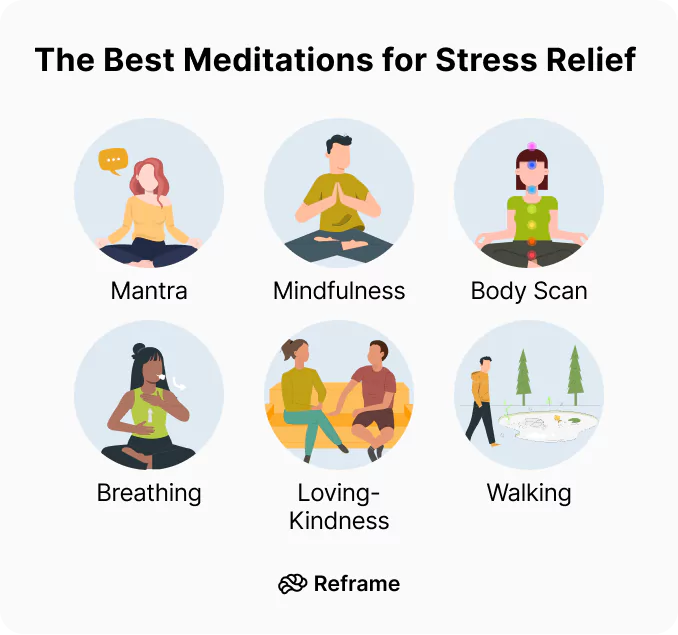

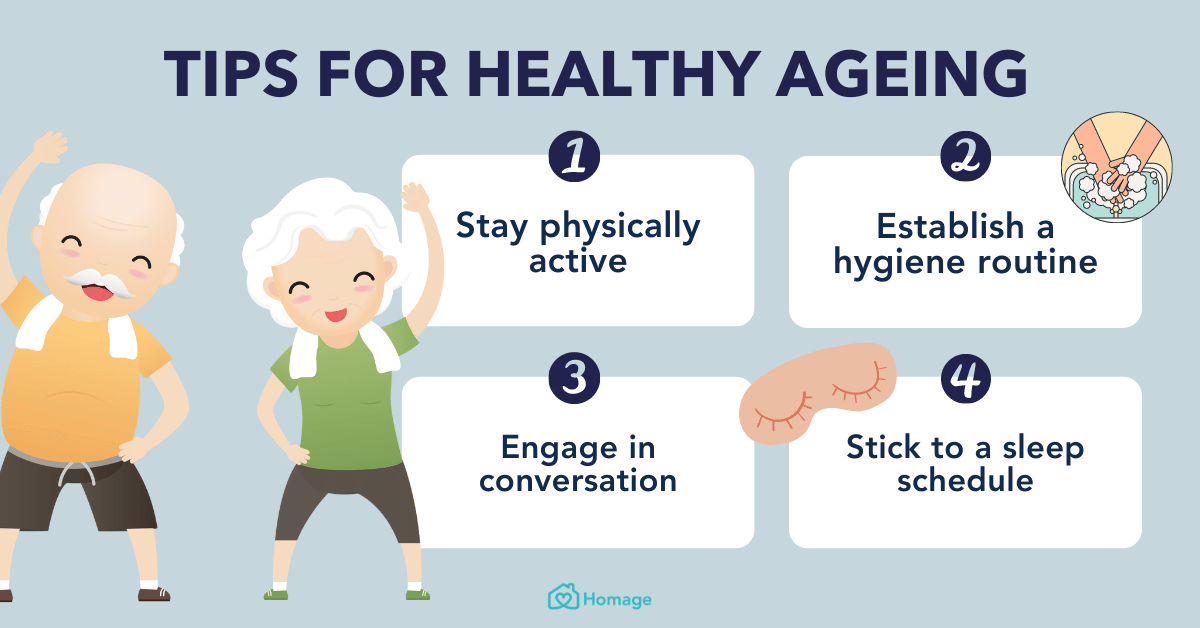



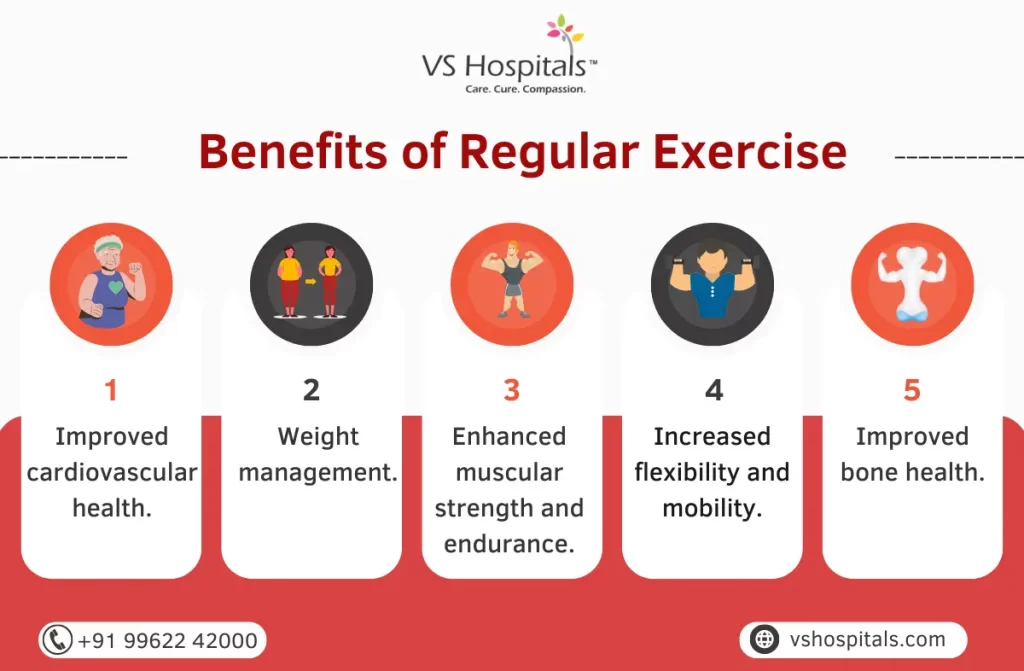
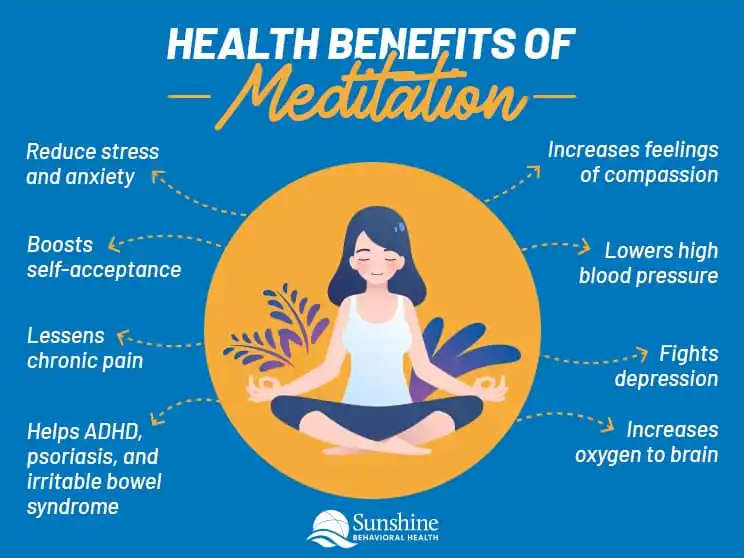
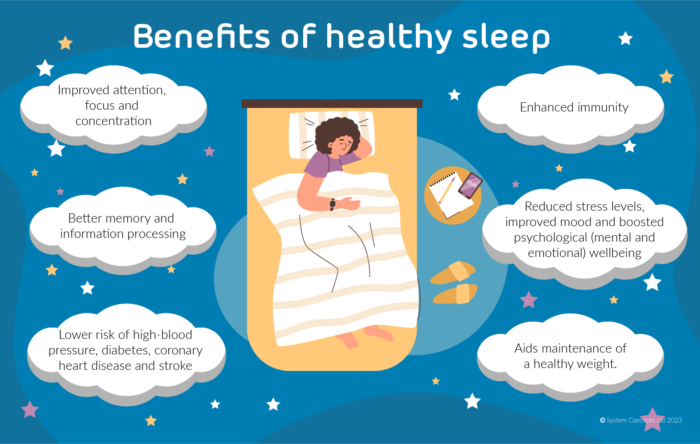
Education
View All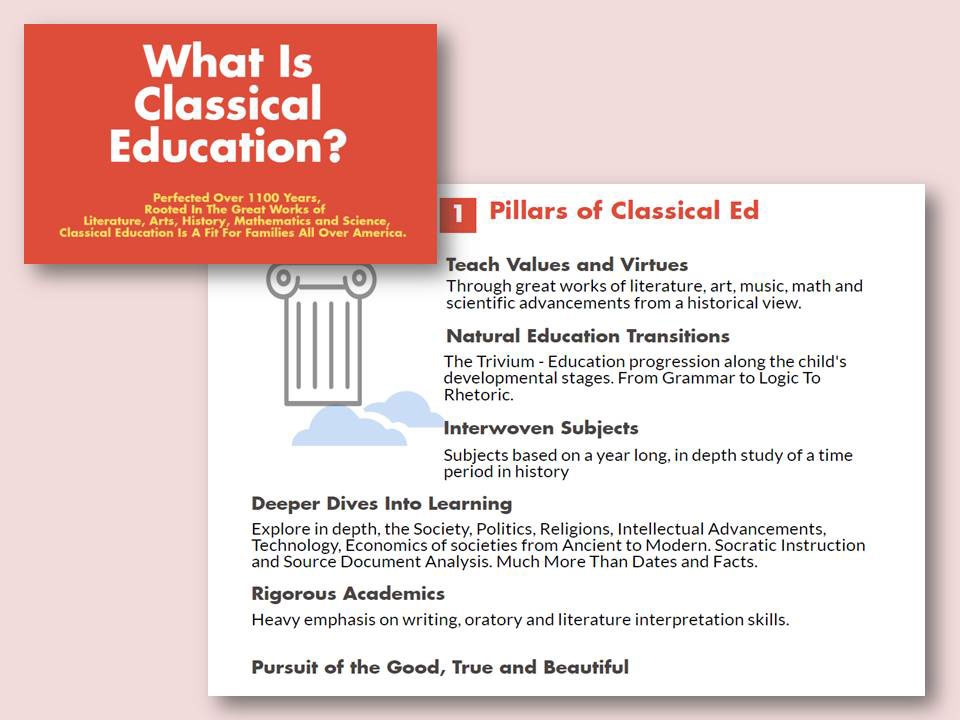
May 14, 2025
What Is Classical Education? Explained!
Discover the principles of classical education, its history, and how it fosters critical thinking. Learn the benefits today!
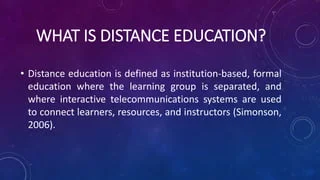
April 24, 2025
What Is Distance Education? Explained!
Discover how distance education works, its benefits, and how it’s transforming learning. Start your journey today!
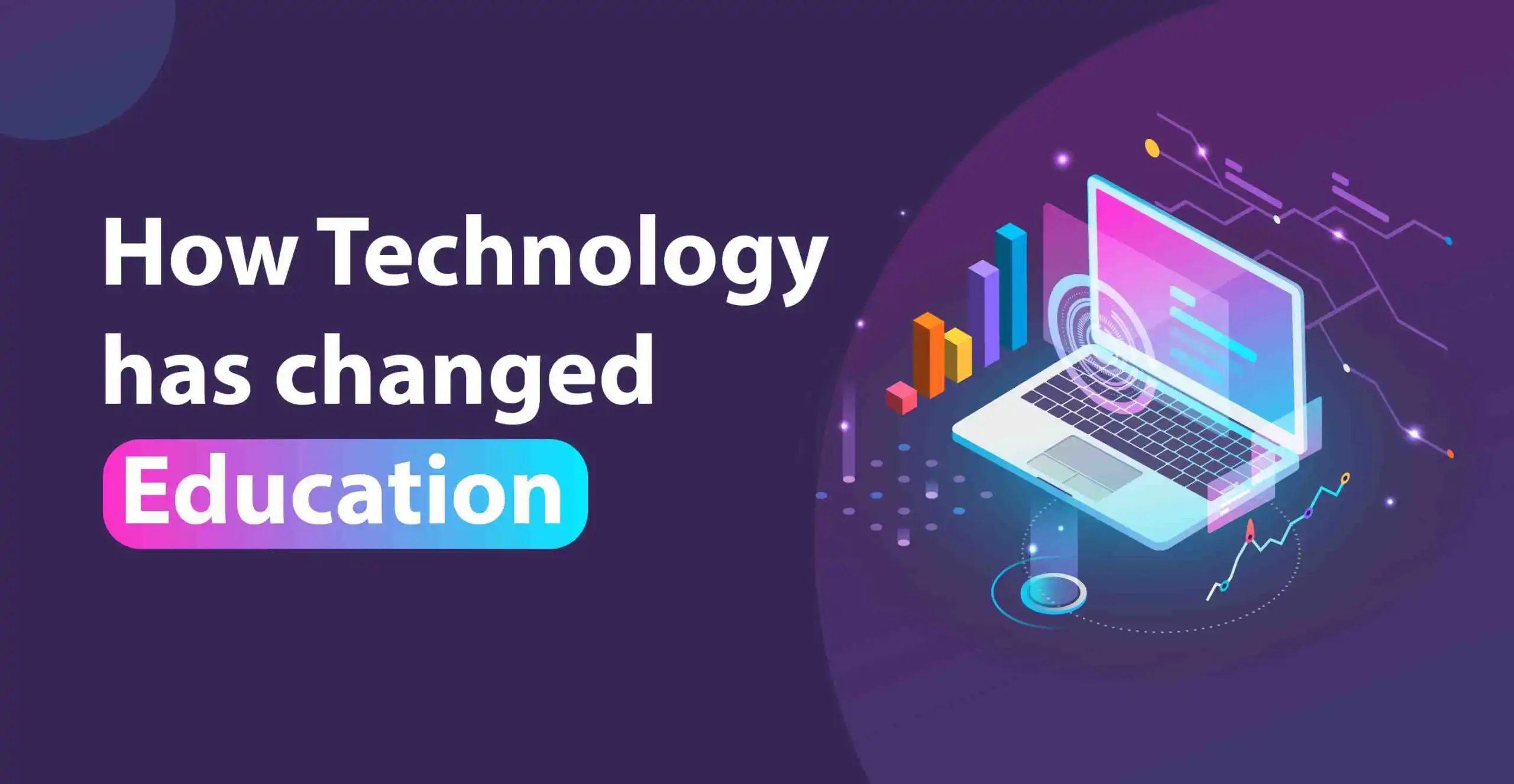
May 29, 2025
How Technology Has Changed Education
Discover how technology is revolutionizing education, enhancing accessibility, and transforming classrooms. Learn more now!
